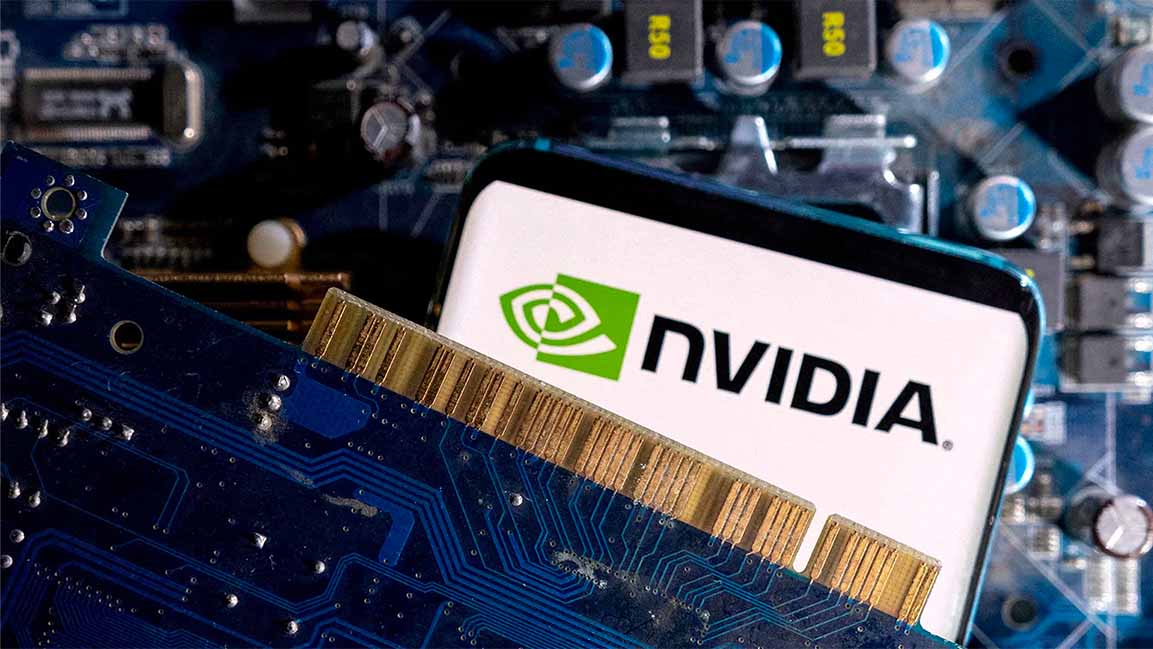- | 8:30 am
We need to talk about Microsoft and Google’s underwhelming chatbot debuts
One would hope that the tech giants’ attention would be on getting the product right—not on PR opportunities.

In the world of generative AI, last week began with a fire drill. A rather harried-sounding member of Google’s communications staff was on the phone Monday morning explaining that her company would be announcing a new ChatGPT-like chatbot within the next couple of hours. This was the first I’d heard of the bot. What was the big hurry? Well, it happened that Microsoft had a big announcement scheduled for Tuesday—one very likely centered on its partnership with ChatGPT creator OpenAI. Hmm, I thought, there seems to be a pretty obvious connection here.
And so Google announced its new AI chatbot, Bard (along with some AI features in search), one day before Microsoft bragged to the press about how it was integrating OpenAI’s large language models (LLMs) and chatbot technology into its Bing search engine and Edge web browser.
Google, it seems, had been rattled by the shockwaves sent by ChatGPT through the industry, and sought to capture some of the AI limelight by rushing out its own AI announcement.
With something as powerful (and potentially dangerous) as AI, one would hope that the companies would be far more focused on getting the technology right than on their marketing and PR approach.
DOUBTING THE “BING BOT”
Looking back, last week’s announcements seem like a lot of sound and fury. I have serious doubts about Microsoft’s plan to use an AI chatbot to breathe life into its decidedly unpopular Bing search and Edge browser products.
I wrote about my initial impressions of Bing (as did my colleague Harry McCracken), but the real question is whether or not this new bot-based search engine would fit into my normal workflows by proving useful every day. Would I have frequent moments of thinking Gee, I really need to open up Bing for this search? I’ve been using the Bing search bot in Edge for a week now, and that hasn’t happened very much. In fact, I doubt that very many people are going to start leaving Bing and Edge open on their computers because of the new search bot.
It would be better if the search engine I already use would add support for those kinds of complex searches, and offer me the help of a chatbot if I wanted it. And that was exactly the road Google was on . . . until last week.
Microsoft did its best to create the impression that a generative AI chatbot was a natural and essential addition to search (and to the web browser). And it did showcase some compelling use cases, in which the bot entered a back-and-forth with the user to accomplish tasks, such as planning a complicated trip or figuring out if a new Ikea dresser will fit in the back of a certain model of car. But I’m still not convinced.
In search engines, large language models are more useful for inferring the meaning and intent of search queries than they are for generating original search results content. They can be used to make a search engine capable of understanding different input modes, such as natural language questions (spoken, perhaps), or mixed-mode inputs, such as Google Lens’s capability for searching based on the input of an image and text (“Find me a jacket that uses the same color pattern as the pants in this image.”)
That was apparently Google’s worldview before ChatGPT showed up.
GOOGLE’S AI PANIC
If not for ChatGPT, Google would have continued to expand the use of LLMs behind the scenes to make its search features work better. The company was already using LLMs to help its search engine understand the intent of user queries. It planned to use LLMs to expand the ways we talk to a search engine. Google has been working on its Lambda chatbot for years, but before ChatGPT it seemed to be in no great hurry to release it as a stand-alone consumer-facing product.
It was the company’s recent reversal of that that led to its poor PR showing last week.
The press materials Google sent me Monday contained a major error: One of the promo images showed the company’s new Bard chatbot giving an incorrect answer, which was well-reported later in the week. The company followed up Monday’s announcement with a press event in Paris on Wednesday. During the live event, one of its executives could not demonstrate a new AI feature in Google Lens because she couldn’t find the phone the app was running on! Really?
Well, Google got the attention it sought, but it wasn’t all good attention. In fact, Google ended up helping to educate the public on the reality that AI chatbots get facts wrong and sometimes hallucinate—a job it could have left to Microsoft, which has years of experience apologizing for the shortcomings of bots.
Google’s face fall last week is ironic, because as I’ve explained, Google should be (and, technologically, probably is) the leader in the AI arms race. It was investing money and brainpower in AI long before OpenAI was a twinkle in Sam Altman’s eye—and long, long before ChatGPT caught everybody’s attention. It invented the kind of large language models that power ChatGPT and other chatbots.
I don’t exactly blame Microsoft for holding its big AI shindig in Redmond, Washington, last week, because it has so little to lose in its search and browser businesses. It was fun seeing Microsoft CEO Satya Nadella so obviously enjoying putting the screws to Google, which has long dominated both search and browsers. If Microsoft gets a percentage point or two of marketshare in either space, it’ll be a big win. The OpenAI LLMs may have a far bigger impact on Microsoft’s Azure cloud business, anyway.
Google should have known better. Because it had so much more to lose, it should have kept its cool, stuck to the plan, and sat last week out, at least where AI chatbots are concerned.








































